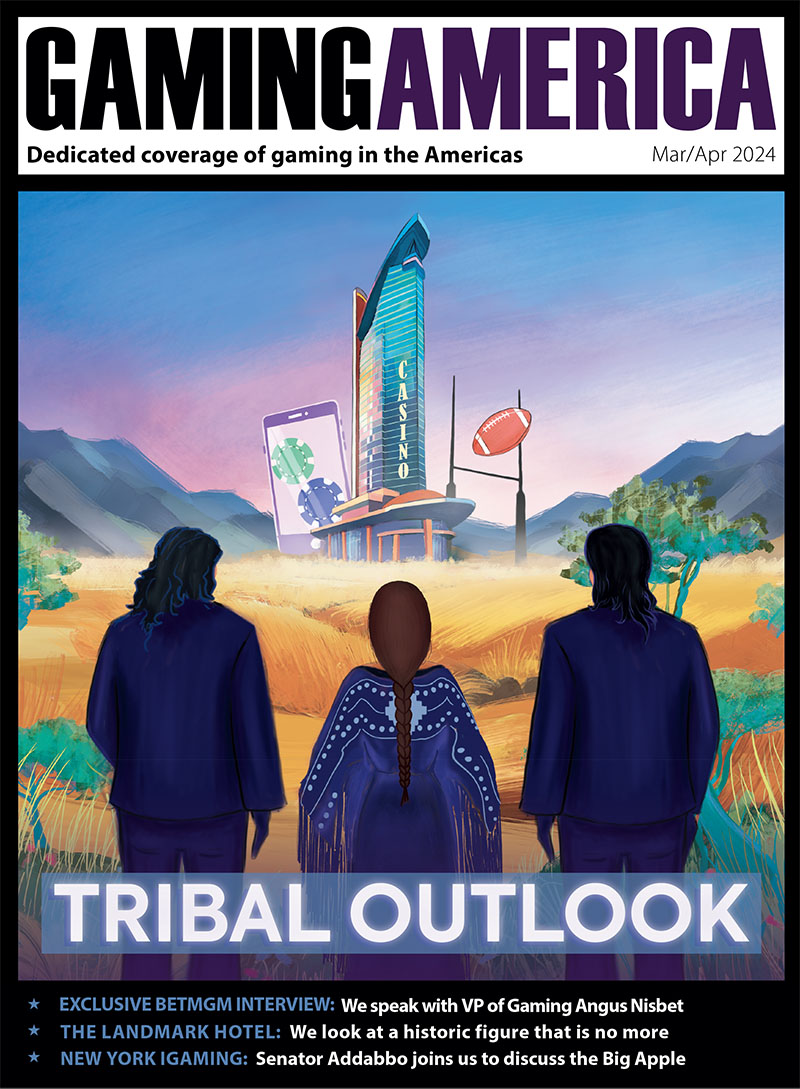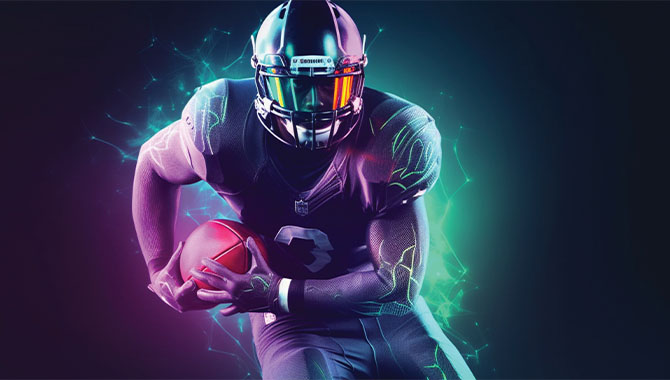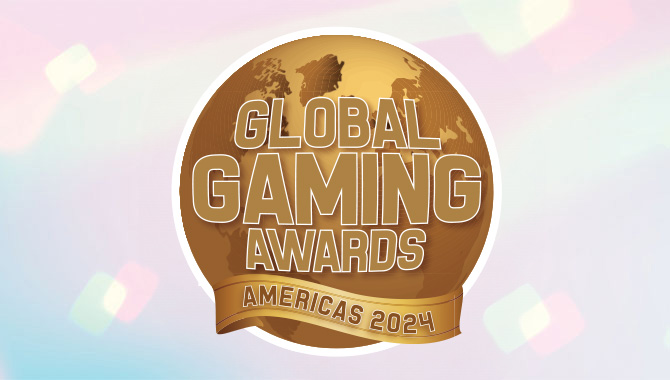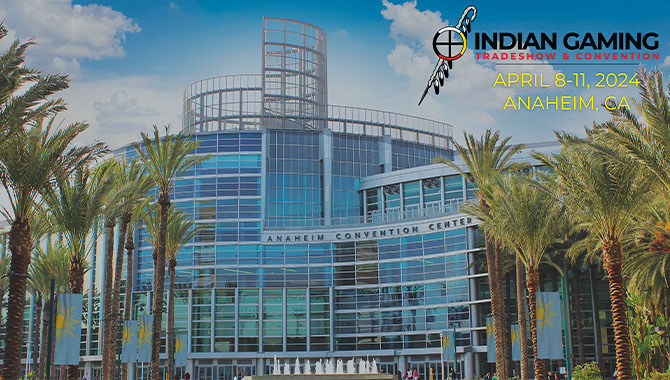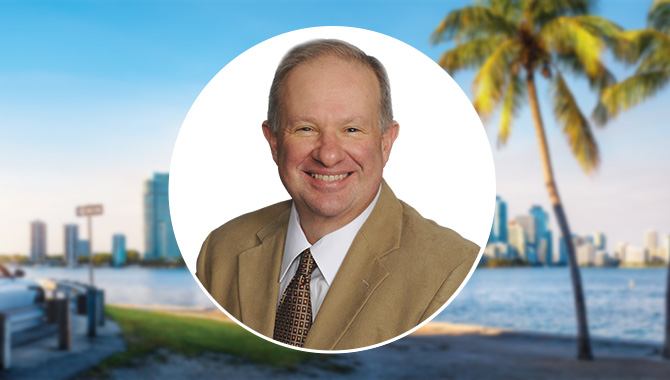
How would you explain the Florida sports betting saga to someone who knows nothing about it?
In 1992, Congress passed the Professional and Amateur Sports Protection Act (PASPA) and made sports betting illegal. In 2018, the US Supreme Court found that this was unconstitutional. During the 25 years between the passage and the striking down of PASPA, Americans’ views on gambling – and sports betting in particular – have changed. State governments discovered gambling was a good source of revenue. Sports leagues, which had been against gambling because of the Black Sox scandal, changed their views because they needed new sources of revenue. When the Supreme Court struck down PASPA, that set off a feeding frenzy. Today, 75% of states have authorized sports betting. Ironically, there are three very big states that haven't. California Tribes can’t get on the same page, and the 2022 ballot initiative failed. The Texas State Constitution prohibits basically all forms of gambling, and Texas has a Governor who is very opposed to sports betting, so things would have to change in Texas.
Florida clearly wants to have sports betting and it’s going to be an enormous entry into the market. In 2021, the Seminoles went to the State of Florida and said, “We already have gambling. Let us have sports betting, craps and roulette. The State of Florida said fine. This one pari-mutuel – owned by the Havenick family behind West Flagler Associates – had been in dog racing for generations and decided to challenge the Seminoles. Why is difficult to say. They never had any chance to win in the courts. The only chance they had was to burn money; and they have, at this point, nothing to show for it.
Since 2021, West Flagler Associates has been fighting. The first lawsuit was filed in a Florida federal court and was quickly dismissed. The second lawsuit was filed in Washington DC, because Deb Haaland, Secretary of the Interior, was named as the defendant. West Flagler got very lucky that they drew Judge Friedrich, who had worked on Orrin Hatch’s Senate. Hatch was a very conservative senator from Utah, very against gambling. It is thought that her views on gambling were shaped by time on Hatch’s staff. Judge Friedrich found that the Seminole/State of Florida gambling compact was a violation of the 1988 Indian Gaming Regulatory Act (IGRA) and she struck it down. Her opinion was a shock and completely nonsensical. If it had been turned into a law professor like me as a paper, it would have gotten an F.
Do you think Judge Friedrich’s views on gambling caused her to shoot it down, rather than the wording of IGRA or the case put forward by West Flagler?
I can only point to the fact that she, as an unelected judge not in Florida, had the power to say, “I understand that the State of Florida and the Seminole Tribe have agreed to this, and the voters could have always struck it down.” But instead, she said, “I know better.” That’s a pretty amazing thing. When the DC Circuit got hold of Judge Friedrich’s opinion, they did give it an F. They unanimously overruled it. West Flagler, not willing to give up, asked the DC Circuit to reinstate Judge Friedrich’s opinion. The entire DC Circuit – 11 judges – said, “We’re not going to give you the time of day; move on.”
The first thing a client wants to know is: how much is this going to cost? The second thing is: are we going to win? If you said, “this is going to cost boatloads of money, and at the end of the day you’re going to lose,” most clients would walk out the door. Instead, West Flagler said, “We have the chance to spend tons of money and lose? Sign us up.” Having lost at the DC Circuit, West Flagler went to the US Supreme Court and asked to prevent the Seminoles from starting up sports betting. The US Supreme Court turned them down. Now, West Flagler has asked the US Supreme Court for an extension on its petition for certiorari – a request that the US Supreme Court review what a lower court has done. The US Supreme Court will grant certiorari if either there is a conflict between two or more federal appellate courts (there is no conflict here) or if the issue is of national importance.
To start a lawsuit in Florida, you go to a Circuit Court, then go up to our District Court and then maybe to the Florida Supreme Court. West Flagler decided to jump the line and go directly to the Florida Supreme Court. I predict that next spring the Florida Supreme Court will send this to Leon County Circuit Court. Whenever the Florida Supreme Court gets the case, though, it will find that the Florida Constitution is not violated by the Seminoles having sports gambling.
To compare other states, there is also a Tribal monopoly on operating sports betting in Maine. Why do you think there have been no legal proceedings there that match what West Flagler are doing?
West Flagler will be studied in years to come in American law schools. You have to have a determined plaintiff who is willing to spend ungodly sums of money on what is ultimately a Don Quixote-type quest. For all we know, West Flagler did try to negotiate with the Seminoles. You would have thought West Flagler would be out there telegraphing their strategy, trying to curry public support, but they have not done that.
So it's possible others are seeing the case and it’s discouraging them from doing the same?
Other states’ mom and pop shops may be seeing it and realizing they probably will not win. It would have made much more sense if the 2021 agreement between Florida and the Seminoles gave the Seminoles incentives for bringing in the pari-mutuels and having them as agents or sub-agents to get a piece of the sports betting pie. It would have been much more intelligent for West Flagler to say, “we’ll be an agent and take bets at our facility.”
Do you think that could happen now, after the dust settles?
One would assume, but who knows? It would not surprise me if they never got in bed with the Seminoles. It would not surprise me if tomorrow West Flager said “we’re dismissing our lawsuits.” Nothing would surprise me because this has been so inexplicable.
Something else that's difficult to explain is the hub-and-spoke model. If a bet is placed through a server on Tribal land, then it doesn’t matter where the person placing the bet is, as the bet will be deemed to be on Tribal land, too. Does that concept hold up, in your opinion?
IGRA tried to balance the interests of both states and Tribes. The interesting thing, especially in 2023 in such a polarized nation, is that both Democrats and Republicans voted for IGRA. What Congress could not foresee in 1988 was the application of the internet. Congress had no way of knowing that in the future you could sit on your couch and place a bet. Lawyers have a name for this: ‘the omitted case doctrine.’ Technology is always coming up with things that legislators could not foresee.
The question is, if the legislators had seen the omitted case, what would they have done? Judges have to ask themselves what if Congress had been told in 1988, “the Internet is going to become a way of civilian life, do you want to include it or exclude it from IGRA?” Because both Republicans and Democrats wanted IGRA to succeed at the time, it is inconceivable that Congress in 1988 would have said, “No, we don’t want that.” As a result, I have always thought that hub and spoke is implicit in the DNA of IGRA. There is a case called Desert Rose that was decided by the Ninth Circuit in California, and people who are against hub and spoke always point to that.
The reason that case struck down a hub-and-spoke model, however, was because the state of California said, “We are against Tribal gambling, and therefore against mobile hub and spoke.” The Ninth Circuit had no choice but to say, “Well, it’s not authorized by your state, and under IGRA your state is supposed to be an equal partner with your Tribe; since your partner is not willing to dance, we have to strike this down.” It is completely different from the what’s happening in Florida. The state of Florida is saying, “We want hub and spoke; we’ve built it into our compact.” People who say the US Supreme Court will grant certiorari because of a conflict between the DC Circuit decision and Desert Rose decision are overlooking a critical, factual difference: Florida wants hub and spoke.
Will other Tribes ask for this model now?
Once the shouting is over at the US Supreme Court and the Florida Supreme Court, every Tribe is going to say to its state, “We want hub and spoke so long as you, the state, give us permission.” Hub and spoke is the future of gambling, not just sports betting. We can look at the movie industry. The future is here: it’s streaming and getting the most recent release into your home. There is no question that we are going to have hub and spoke not only for sports betting, but for all betting.
A big obstacle, oddly enough, was Sheldon Adelson. He was very against online betting. As soon as Sheldon Adelson died, Las Vegas Sands said, “We’re all for mobile betting.” His widow just agreed to buy the Dallas Mavericks. You can expect Mrs. Adelson will be pushing Texas to change its gambling laws.
So, you’re thinking more states or Tribes will ask for iGaming as well?
The only question is, how fast does that happen? Is it five years from now? Is it 10? I don’t know, but the Seminoles have made it clear that once they’ve got sports betting up and running, they will be back. That has been the history of the Tribe. The Seminoles invented Indian gambling – that’s not hyperbole. In 1979, they had the idea for a high-stakes bingo hall, and that was the basis of today’s Tribal gaming industry. Without the Seminoles, that might never have happened.
Do you think Congress or the NIGC will update any of IGRA’s wording to include the internet?
IGRA is not going to be updated because the courts have already interpreted IGRA as allowing mobile betting. With respect to the Bureau of Indian Affairs (BIA), you notice they’ve proposed part 293, which already authorizes remote sports betting. I don’t see IGRA changing. I do see the BIA adopting 293 and that effectively becoming the law of the land.
The whole reason Congress made sports betting illegal in 1992 was because Bill Bradley was in the Senate. Bill Bradley, having played basketball in the NBA, was very against sports betting. You would need to have someone in Congress with the gravitas of Bill Bradley, who decided to make gambling their issue. I do not see that happening in either the Democratic or Republican Party today.
There’s so much money involved since sports betting became legal in 2018; Americans have bet $220bn. States and local governments have reaped $3bn in new taxes. You can’t put this genie back in the bottle. West Flagler is as much of an outlier as Bill Bradley was in getting PASPA. Sheldon Adelson was the same type of outlier. It’s so fascinating that these contrarians have shaped what should have been an easy thing. Americans want to gamble, and when Americans really want something, it may take a while, but eventually they get it. Prohibition is the best example. There was a brief moment when the zealots got prohibition passed, but ultimately Americans wanted to drink, and they wanted to do it legally. Americans want to gamble. They want to do it legally, too.












